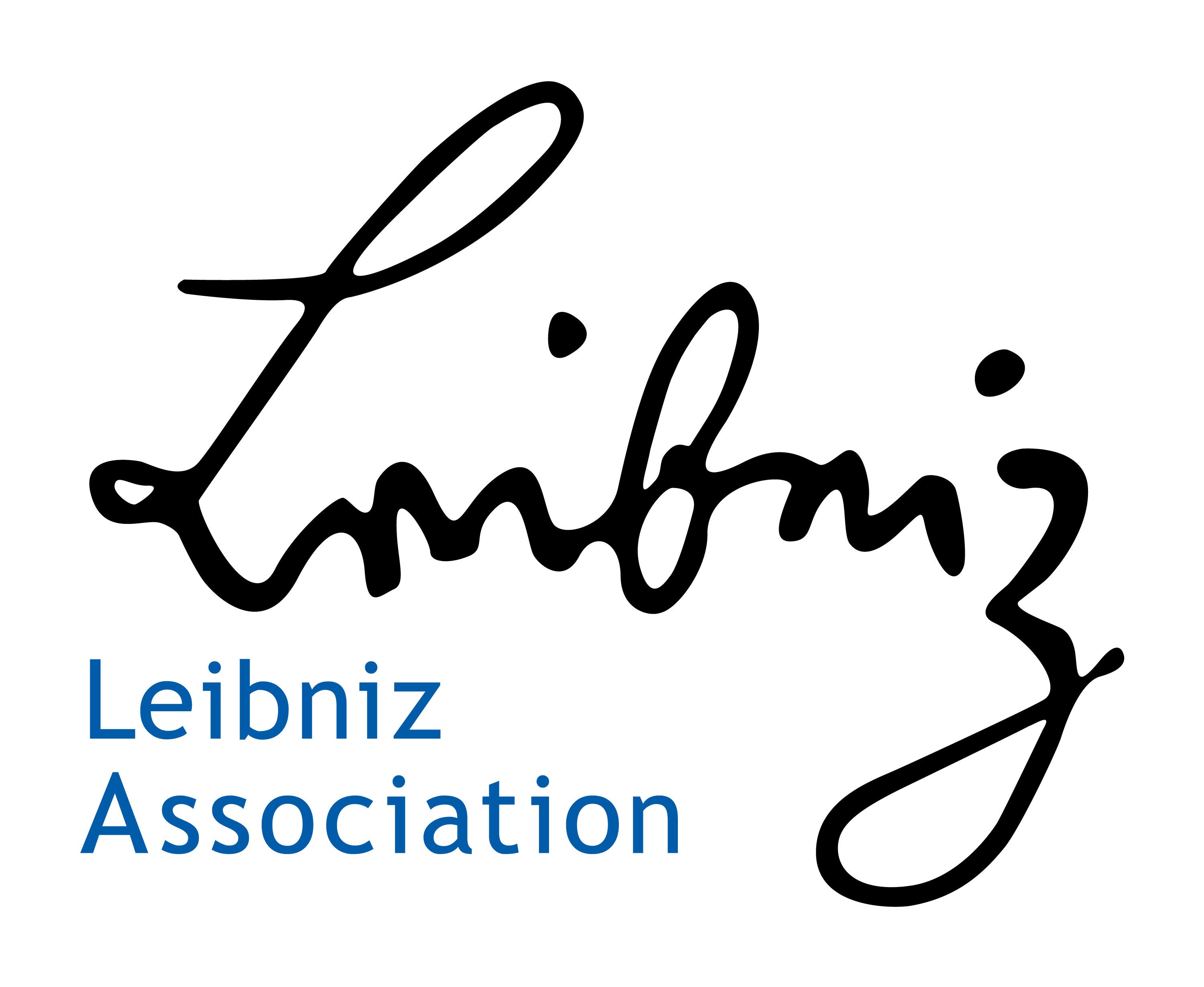

Joint project between Prof. Anette Frank (ICL, Heidelberg University) and Prof. Philipp Cimiano (University of Bielefeld) within the DFG priority program RATIO: Robust Argumentation Machines

Joint project between Prof. Anette Frank (ICL, Heidelberg University) and Prof. Heiner Stuckenschmidt (University of Mannheim) within the DFG priority program RATIO: Robust Argumentation Machines
The project will uncover missing explanatory links in argumentative texts, fill in automatically acquired knowledge that makes the structure of the argument explicit and establish and verify the knowledge-enhanced argumentation structure with a combination of formal reasoning and machine learning.
Go to project page


CLARIN-D is a new cooperation project funded by the BMBF that aims at realizing a sustainable research infrastructure offering language resources, tools and services for German language processing, to support research in the Humanities. The CLARIN-D consortium is led by the University of Tübingen.
Go to project page
ICL runs a doctoral college entitled Coherence in Language Processing: Semantics beyond the Sentence. The 3-year doctoral program is funded by the Landesgraduiertenförderung (LGF) and is embedded within the joint ICL and HITS doctoral program Semantic Processing.
The PhD research training group consists of 5 PhD students working on various aspects of discourse-oriented semantic NLP. The program is jointly run by professors Anette Frank, Sebastian Padó, Stefan Riezler and Michael Strube. Speaker of the program is Anette Frank.
Go to project page
A new cooperation project between the Department of Computational Linguistics at Heidelberg University and the Department of Computing at Macquarie University, Australia. The project is funded by the Global Networks Project of the Excellence Initiative of Heidelberg University.
Coordination: Anette Frank (Heidelberg University) and Mark Johnson (Macquarie University)
This project aims to combine methods and insights from Computational Linguistics and Psycholinguistics. The focus is on modeling the role of linguistic and extra-linguistic context in (incremental) language processing, as key factors to support the efficiency of human language processing and acquisition. The Global Networks funding supports bi-lateral travels and PhD student exchange in the years 2011 and 2012.

A project funded within the Sonderforschungsbereich SFB 619: "Ritual Dynamics"
Joint project of
The project will uncover missing explanatory links in argumentative texts, fill in automatically acquired knowledge that makes the structure of the argument explicit and establish and verify the knowledge-enhanced argumentation structure with a combination of formal reasoning and machine learning.

A project funded within the Excellence Cluster: Asia and Europe in a Global Context
Joint project of

A project funded within the FRONTIER innovation fund of the Excellence Initiative of the University of Heidelberg
Joint project of